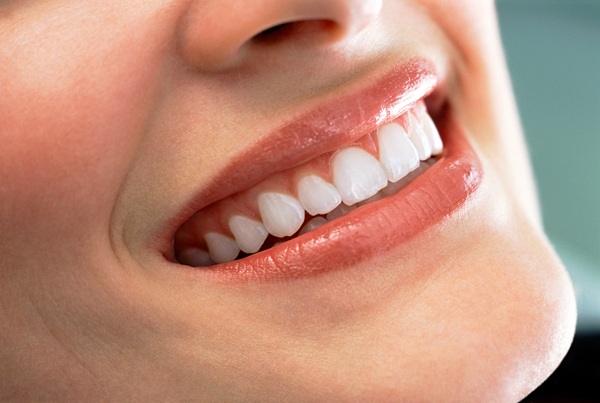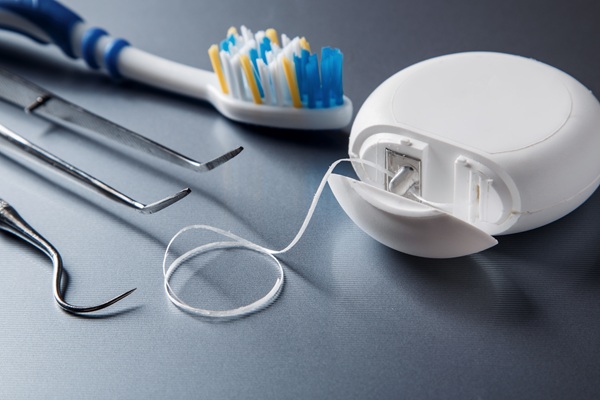In the hustle and bustle of our daily lives, it’s easy to overlook the importance of a good night’s sleep. Yet, imagine waking up each day feeling as though you’ve run a marathon in your dreams. That’s the reality for many grappling with sleep apnea – a condition that extends beyond mere exhaustion. Studies have shown a notable connection between untreated sleep apnoea and potential mental health challenges, and the risks escalate with each bout of interrupted sleep. In this blog, we’ll explore sleep apnoea and its causes and symptoms, the intricate connection it shares with mental health and possible treatment options.
What is Sleep Apnoea
Sleep apnoea is a sleep disorder characterised by repeated pauses in breathing or shallow breaths during sleep. These interruptions in breathing can last for a few seconds to minutes and may occur multiple times throughout the night. The most common type of sleep apnoea is called obstructive sleep apnoea (OSA), where the airway becomes partially or completely blocked, leading to disruptions in breathing.
Sleep Apnoea Symptoms
Sleep apnoea symptoms can manifest in various ways, often impacting both your nightly rest and daily functioning. Here are some common signs that may indicate the presence of sleep apnoea:
- If you find yourself dealing with intense and persistent snoring, especially if it’s marked by pauses in your breathing, it could be a sign of sleep apnoea.
- Take note if a bed partner or family member has witnessed instances of breathing interruptions during your sleep.
- Feeling consistently tired and sleepy during the day, regardless of how much time you spend in bed, might be another indication.
- Waking up with frequent headaches or experiencing difficulty concentrating could be linked to oxygen deprivation during sleep.
- If you notice mood swings, irritability, or changes in temperament, it might be worth considering your sleep quality.
- Nightly disruptions leading to frequent trips to the bathroom and waking up with a dry mouth or sore throat could also be associated with breathing difficulties.
These signs shouldn’t be ignored. If you identify with any of these experiences, it’s essential to seek a medical evaluation for a proper diagnosis and guidance on potential treatments. Recognising and addressing sleep apnoea early can make a substantial difference in your overall well-being and quality of life.
Causes of Sleep Apnoea
Sleep apnoea can affect anyone, but the risk is higher if you:
- Are overweight or obese: Excess weight, especially around the neck, can contribute to the narrowing of the airway, increasing the risk of obstructive sleep apnoea.
- Are ageing: Sleep apnoea is more prevalent in older adults, with ageing potentially affecting the muscle tone in the throat.
- Are male: Men are more likely to develop sleep apnoea than women, although the risk for women increases if they are overweight, and it may also be influenced by hormonal changes.
- Have a family history: A family history of sleep apnoea may elevate your susceptibility to the condition.
- Have a larger neck circumference: Individuals with a thicker neck may have a narrower airway, making them more prone to obstructive sleep apnoea.
- Are a smoker: Smoking can increase inflammation and fluid retention in the airway, contributing to the risk of sleep apnoea.
- Use alcohol, sedatives, or tranquillisers: The use of substances that relax the muscles, such as alcohol and certain medications, can increase the likelihood of airway collapse during sleep.
- Experience nasal congestion: Conditions that obstruct the nasal passages, such as a deviated septum or chronic nasal congestion, can contribute to sleep apnoea.
- Have certain medical conditions: Conditions such as high blood pressure, type 2 diabetes, and hormonal disorders may increase your risk of sleep apnoea.
- Sleep on your back: Sleeping on your back may increase the likelihood of the tongue and soft palate collapsing to the back of the throat, leading to obstructive sleep apnoea.
While this condition is often associated with adults, children too may experience OSA, frequently attributed to enlarged tonsils or adenoids. If you want to learn more about sleep apnoea, do check out our latest blog: Sleep Apnoea 101: Symptoms and Treatments.
How is Mental Health Associated with Sleep Apnoea
Untreated sleep apnoea can have long-term implications not only on your physical but also mental wellness. The fluctuating oxygen levels and fragmented sleep patterns associated with sleep apnoea are linked to conditions such as depression and anxiety.
The toll of disrupted sleep translates into more than just waking up tired; it infiltrates your daily life, diminishing productivity, clouding your thinking, and affecting your mood. The persistent fatigue and compromised alertness associated with sleep apnoea can lead to memory lapses and reduced concentration, further impacting your overall cognitive function. In addition, the cumulative effects of persistent sleep disturbances can contribute to heightened stress levels and an overall decline in emotional well-being.
Beyond the personal challenges, the consequences ripple into relationships. Excessive daytime sleepiness becomes a silent disruptor, potentially straining connections both at home and in the workplace. Your loud snoring not only disrupts your own sleep but can keep your bed partner awake, creating an additional layer of concern and frustration.
Moreover, the risk of accidents, both on the road and at work, amplifies when sleep apnoea goes untreated. The potential for motor vehicle accidents increases significantly, underscoring the importance of addressing this condition not just for personal well-being but for the safety of oneself and others.
In essence, sleep apnoea is not a solitary battle; its impact extends to the very fabric of your daily life and the relationships that surround you. Seeking timely intervention becomes not only a quest for restorative sleep but a proactive step toward reclaiming clarity of thought, emotional stability, and the vitality that defines a fulfilling life.
Treatment of Sleep Apnoea
Sleep apnoea is manageable with treatment options spanning from lifestyle adjustments to oral devices and, in some cases, surgical interventions.
1. Lifestyle Changes
Implementing lifestyle adjustments, such as weight management, positional therapy, and abstaining from muscle-relaxing substances like alcohol, forms an integral part of sleep apnoea treatment. These measures aim to reduce the severity of symptoms and improve overall sleep quality.
2. CPAP and BiPAP Machines
Continuous Positive Airway Pressure (CPAP) and Bi-level Positive Airway Pressure (BiPAP) machines are non-invasive devices delivering a continuous or variable stream of air, respectively. They work to prevent airway collapse during sleep, providing relief for individuals with obstructive sleep apnoea.
3. Oral Appliances (MADs)
Mandibular Advancement Devices (MADs) offer a practical solution for mild to moderate sleep apnoea. By repositioning the jaw and tongue, these oral appliances help keep the airway open, improving breathing and reducing interruptions during sleep.
4. Surgical Interventions
For severe cases, surgical options are considered to address structural issues in the throat. These procedures aim to create a more open airway, reducing the risk of breathing pauses during sleep. Surgical interventions are generally recommended when other treatments have proven ineffective or are not well-tolerated.
The key to successful treatment lies in a personalised approach tailored to your individual needs. Consulting with a healthcare practitioner is the first step towards an accurate diagnosis and the development of a comprehensive treatment plan. Are you struggling with the condition and want to further explore the treatment options for sleep apnoea? Check out our blog “Sleep Apnoea Treatment Options: Which is Right for You?” for detailed insights.
Defy Sleep Apnoea with Bellevue Hill Dental
At Bellevue Hill Dental, we understand the profound impact sleep apnoea can have on your physical and mental health, relationships and overall quality of life. As such, we offer a revolutionary solution — the Oventus Clearway Device™ (O2Ventᴿ). This innovative 3D lightweight nylon mouthguard is designed to enhance oxygen flow, circumventing obstructions from the nasal passage, soft palate, and tongue. The O2Vent™ offers a portable, everyday solution, ensuring a more comfortable and restful sleep. For those requiring advanced treatment, it seamlessly integrates with a CPAP machine, providing a comprehensive approach to address your unique needs.
If you are from Bellevue Hill or nearby areas and want to discuss your condition for accurate diagnosis and treatment, feel free to get in touch with us. Our caring team will take time to listen to your concerns, answer any questions you may have and recommend the most suitable treatment options suited to your needs and lifestyle preferences.



